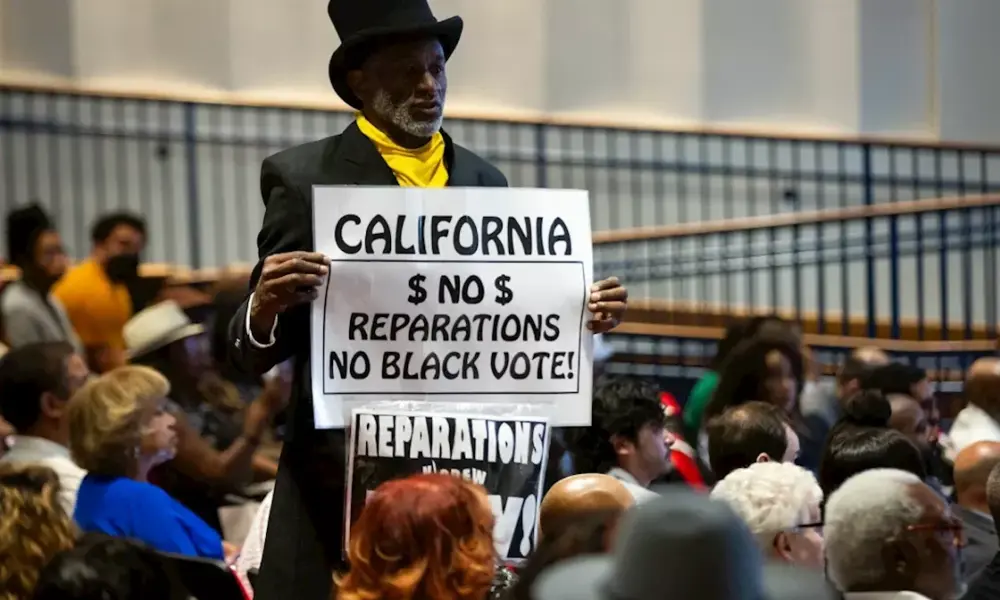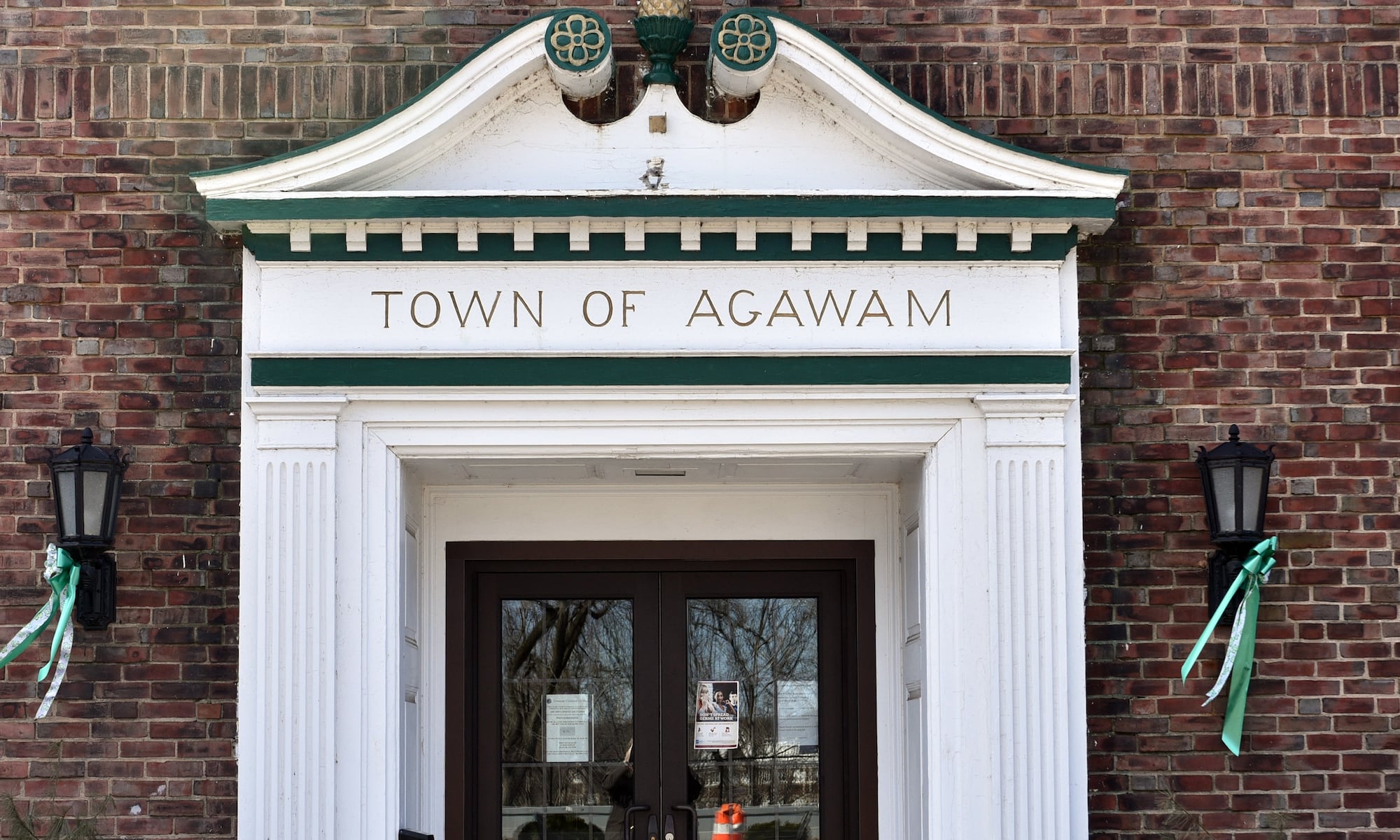Registered nurses and health care professionals from Kaiser Permanente in California and Hawaii concluded a five-day strike on Sunday, marking a significant moment in ongoing labor negotiations. Approximately 31,000 members of the United Nurses Associations of California/Union of Health Care Professionals (UNAC/UHCP) participated in the strike, which was primarily driven by concerns over staffing levels and wage disparities.
The strike ended as officials announced that bargaining sessions would resume on October 22-23, 2025. This development follows the release of new staffing standards by The Joint Commission during the strike, which are expected to influence future negotiations. The UNAC/UHCP highlighted that these standards elevate safe staffing from a mere employer “choice” to a critical patient safety mandate.
UNAC/UHCP President Charmaine S. Morales, a registered nurse, emphasized the importance of these changes, stating, “The Joint Commission has finally said what nurses have known all along: unsafe staffing is unsafe care. Employers like Kaiser can no longer treat staffing like a budget line. It’s now a national patient safety mandate — and UNAC/UHCP will make sure it’s enforced.”
As negotiations resume, Kaiser Permanente officials have indicated that while staffing issues are a significant concern for the union, wages remain the primary focus of the discussions. The health care provider expressed its commitment to reaching an agreement that would include substantial wage increases as well as enhancements to medical plans and retiree benefits.
The implications of this strike extend beyond the immediate demands of the nurses. The new staffing standards could reshape the landscape of labor relations in the health care sector, with potential impacts on patient care across the board. As many health care professionals continue to advocate for better working conditions, the outcome of these negotiations could set important precedents for labor relations in the industry.
With the strike now concluded, both parties are poised to engage in discussions that could lead to significant changes in staffing practices and compensation structures within Kaiser Permanente. The outcome of these negotiations will be closely monitored by other health care organizations and labor unions, as they may serve as a barometer for future negotiations in the sector.
As the health care landscape continues to evolve, the commitment to safe staffing and fair wages remains a crucial dialogue between caregivers and employers, with patient safety at the forefront of these discussions.







